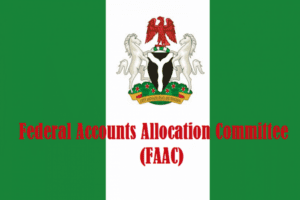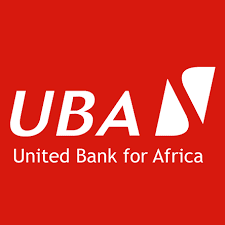


CISI Nigeria members parley on benefits of infrastructure financing
In a strategic move to strengthen its members’ capacity, the National Advisory Council (NAC) of Nigeria Group of Chartered Institute for Securities and Investment (CISI), has identified how to maximise investment opportunities in a volatile market, especially through infrastructure financing.
Besides, the Nigera Members’ Forum, themed “Exploring Opportunities in Volatile Market- Getting the best of Infrastructure Funding, Risk Management and Social Responsibility Investing” held in Lagos recently, unveiled a blueprint of CISI activities in Nigeria for the rest of the year.
Speaking on “Infrastructure Funding via Capital Market Instruments,’ the Acting Chief Executive Officer, Nigerian Exchange Limited, Mr Jude Chiemeka, explained that robust infrastructure was necessary to grow an economy and improve the quality of life. But Chiemeka, who was the Special Guest, noted that traditional funding sources like budgets and bank loans could not meet the growing demand for infrastructure investment.
“Nigeria’s infrastructure deficit, amounting to 30% of its Gross Domestic Product (GDP), falls short of the international benchmark of 70% set by the World Bank.
Capital market instruments offer a compelling alternative by tapping into private sector capital. These instruments, which can include stocks, bonds, and venture capital, enable businesses and organisations to thrive. They can be used to finance a variety of projects, from transportation and energy to water and sanitation.
“Investors are drawn to the potential for competitive returns on their investments. Many capital market instruments are specifically designed to support environmentally and socially responsible projects,” Chiemeka said.
The Assistant Director, Global Market Development, CISI, Mrs Helena Wilson, offered some tips on the activities for CISI Nigeria Group this year, saying, “There will be more options for renewal of membership, CISI shall continue to partner with more institutions, more education projects in the universities, including joint community development, increased media presence and exposure of members to new learning styles amongst others.”
Commenting on the Forum, the CISI Country Representative in Nigeria, Dr John Osuoha, urged the members to take advantage of numerous opportunities that it provides.
“We have received many positive feedback concerning this latest event from those who attended. It was organised free of charge for members, students and intending members. Membership of CISI opens you up to global opportunities in the Financial Services Industry. CISI keeps members up-to- date with happenings and developments in the Financial Market worldwide,” explained Osuoha.
The President, NAC, Mrs Ijeoma Onwu, in her welcome address, stated that members of CISI enjoyed numerous benefits, including free Continuing Professional Development and employment opportunities in over 75 countries after certification.
Other speakers were the CISI Global Market Development Executive, Enesha Mahbubani, who spoke on “Making the best use of CISI New Learning Platform,” Vice President, NAC, Mr Obinna Okafor, spoke extensively on risk management and there were brief remarks from some representatives of CISI Partners in Nigeria.
The United Kingdom-based global professional financial institute, has signed a Memorandum of Understanding (MoU) with many professional bodies in the country, for enhanced capacity building and access to global certification of their members.
The latest in the series was the MoU with Chartered Institute of Stockbrokers (CIS), signed in January this year.



